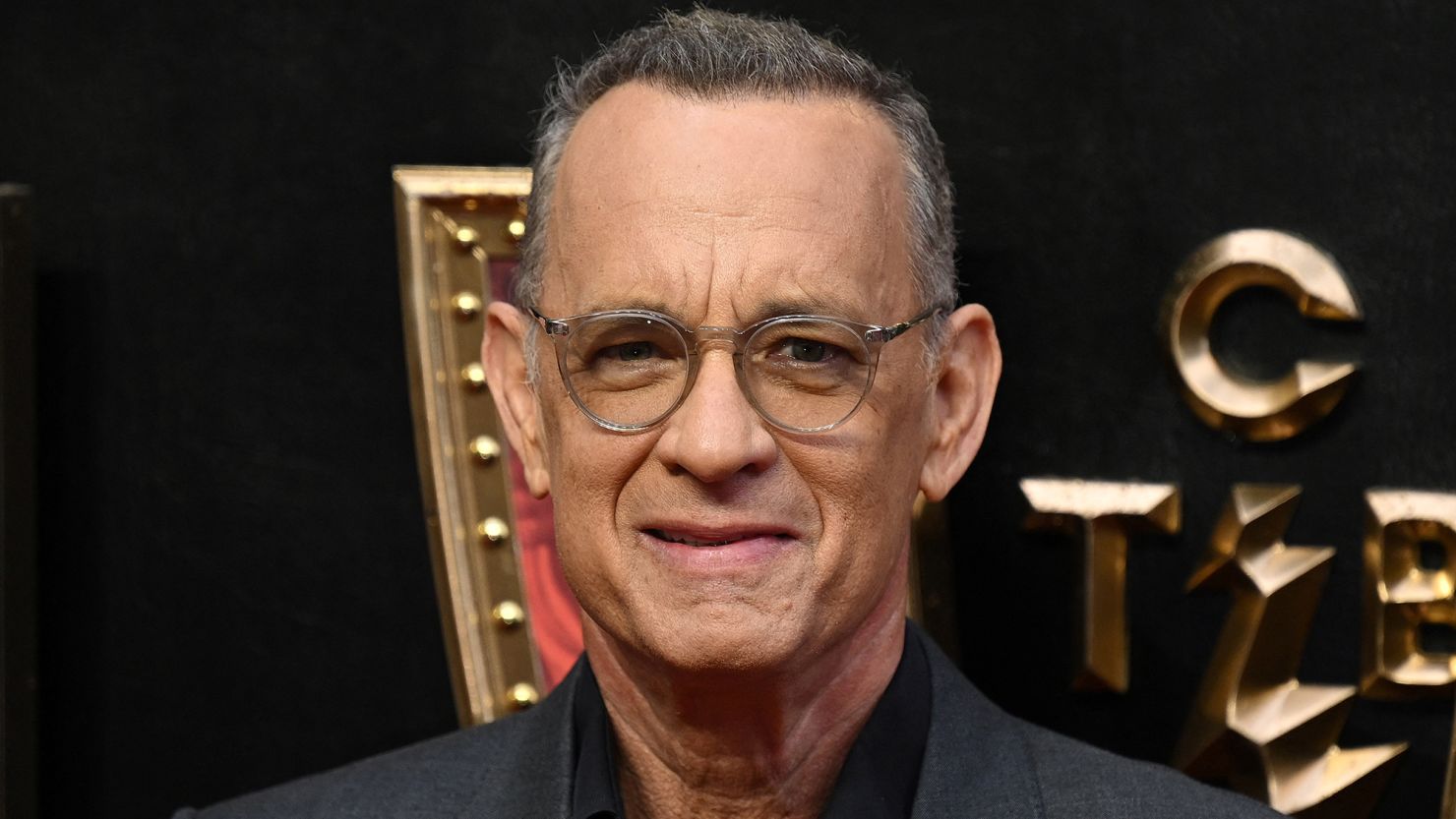Tom Hanks Criticized for SNL Skit Mocking Trump Voters—Public Reacts Strongly
Tom Hanks Faces Backlash Over SNL Skit Mocking Trump Voters
Actor Tom Hanks has found himself at the center of controversy following his appearance on Saturday Night Live’s 50th anniversary special. During the show, Hanks reprised his character Doug, a stereotypical Trump supporter, in a skit that many viewers found offensive and politically charged. Known for his roles in iconic films such as Forrest Gump, Hanks’ portrayal of a clueless, MAGA-hat-wearing voter has drawn widespread criticism, particularly from conservatives who argue that it perpetuated harmful stereotypes.
The Controversial SNL Skit
The skit in question, a revival of Black Jeopardy, featured Hanks’ character hesitating to shake hands with Kenan Thompson’s Darnell Hayes. While the moment was intended as comedic, many viewers interpreted it as an unfair jab at Trump voters, reinforcing the stereotype that they harbor racial prejudices. Critics took to social media to express their outrage, labeling the performance as divisive and disrespectful.
Former RFK Jr. aide Link Lauren voiced his frustration on X (formerly Twitter), stating, “This show wonders why their ratings are in the gutter. Trump won the popular vote. This tired trope that MAGA is racist is disgusting. SNL is an unfunny show for snobbish liberal elites.” Others echoed similar sentiments, with one user writing, “SNL’s desperate attempt to smear Trump supporters as racist is tired and pathetic.” Another added, “I used to admire Tom Hanks. Now, I can’t watch any of his movies without remembering this insult.”
Broader Public Reaction
The backlash against Hanks and SNL extended beyond social media. Many viewers criticized the network for politicizing entertainment and alienating a large portion of its audience. “We turn to entertainment to escape politics,” one critic remarked. “But lately, it feels like Hollywood just wants to lecture us.” Some detractors argued that Hanks should focus on his craft rather than participating in overt political satire.
Despite the outrage, some defended the performance, pointing out that SNL has a long history of satirizing political figures and movements. Supporters argued that comedy has always pushed boundaries and that the skit should be viewed as an exercise in political humor rather than a direct attack. “It’s SNL, not a political debate,” one viewer commented. “They’ve been making fun of presidents and their supporters for decades.”
The Growing Political Divide in Entertainment
The controversy surrounding Hanks’ performance highlights the increasing polarization of American entertainment. As political tensions remain high, public figures find themselves under more scrutiny for their views and portrayals of current events. What was once seen as harmless satire is now a potential flashpoint for ideological clashes.
The SNL skit also adds to a larger discussion about the role of humor in today’s political climate. While some argue that political satire is a necessary tool for critique and engagement, others believe it has become a means to mock and alienate large swaths of the population. “At what point does humor become propaganda?” one commentator questioned. “When it only targets one side, it stops being funny.”
The Potential Impact on Tom Hanks’ Career
While Tom Hanks is widely regarded as one of Hollywood’s most respected actors, this incident raises questions about whether political controversy will affect his legacy. In an era where audiences are more vocal about their discontent, even beloved actors are not immune to backlash. Some industry experts speculate that the criticism could lead to increased scrutiny of Hanks’ future roles and public appearances.
“SNL has always been political,” said one Hollywood insider. “But now, with everything so polarized, the risk of backlash is greater than ever. Even an actor as respected as Tom Hanks isn’t safe from controversy.”
The Future of Political Satire
The debate over the SNL skit underscores the challenge of balancing satire and sensitivity in today’s entertainment industry. While many comedians and performers believe in pushing boundaries, they must also navigate the changing landscape of public discourse. The line between humor and offense has become increasingly thin, making every politically charged performance a potential lightning rod for controversy.
For now, Saturday Night Live remains committed to its brand of humor, even if it alienates some viewers. Meanwhile, Hanks has yet to respond publicly to the criticism, leaving many to wonder whether the backlash will have any lasting impact.
Conclusion
The reaction to Tom Hanks’ portrayal of a Trump supporter on SNL reflects the broader cultural divide in America. While some see the skit as harmless political satire, others view it as an unnecessary attack on conservative voters. As the nation continues to grapple with deep-seated political differences, it remains to be seen whether comedy can still serve as a unifying force—or if it will continue to be a battleground for ideological conflicts.
